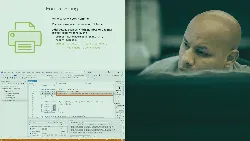
Reading Legacy C++ 
This course provides an introduction to reading legacy C++ code, including typedefs, macros, function pointers, and pointer arithmetic. It will help developers understand and navigate complex code bases. ▼
ADVERTISEMENT
Course Feature
![]() Cost:
Cost:
Free Trial
![]() Provider:
Provider:
Pluralsight
![]() Certificate:
Certificate:
Paid Certification
![]() Language:
Language:
English
![]() Start Date:
Start Date:
On-Demand
Course Overview
❗The content presented here is sourced directly from Pluralsight platform. For comprehensive course details, including enrollment information, simply click on the 'Go to class' link on our website.
Updated in [February 21st, 2023]
Do parts of your C++ code base appear to be in some other programming language entirely? Are you trying to read a maze of typedefs, macros, function pointers, and pointer arithmetic? This course will show you how to read and understand that code.
Because C++ has existed for decades, there is a lot of old code out there written with keywords, library functions, and practices that are just not used in modern C++. In this course, Reading Legacy C++, you will gain the ability to read and understand that old code. First, you will learn to read code that works with C-style arrays and C-style strings. Next, you will discover macros, typedefs, and some other old constructs. Finally, you will explore how to read and understand calls to printf, including format strings. When you are finished with this course, you will have the skills and knowledge of legacy C++ needed to understand and maintain this old code.
What skills and knowledge will you acquire during this course?
This course will provide students with the skills and knowledge needed to read and understand legacy C++ code. Students will learn to read code that works with C-style arrays and C-style strings, as well as macros, typedefs, and other old constructs. Additionally, students will gain the ability to read and understand calls to printf, including format strings. Upon completion of this course, students will have the skills and knowledge of legacy C++ needed to understand and maintain old code.
How does this course contribute to professional growth?
This course contributes to professional growth by providing the skills and knowledge needed to read and understand legacy C++ code. It will help professionals to understand and maintain old code written with keywords, library functions, and practices that are no longer used in modern C++. Additionally, the course will teach professionals how to read code that works with C-style arrays and C-style strings, as well as macros, typedefs, and other old constructs. By completing this course, professionals will gain the ability to read and understand legacy C++ code, which will help them to better understand and maintain old code.
Is this course suitable for preparing further education?
Yes, this course is suitable for preparing further education. It will provide the skills and knowledge needed to read and understand legacy C++ code, which is essential for understanding and maintaining old code written with keywords, library functions, and practices that are no longer used in modern C++. Additionally, the course will teach students how to read code that works with C-style arrays and C-style strings, as well as macros, typedefs, and other old constructs.
Course Provider

Provider Pluralsight's Stats at AZClass
Pluralsight ranked 16th on the Best Medium Workplaces List.
Pluralsight ranked 20th on the Forbes Cloud 100 list of the top 100 private cloud companies in the world.
Pluralsight Ranked on the Best Workplaces for Women List for the second consecutive year.
AZ Class hope that this free trial Pluralsight course can help your C++ skills no matter in career or in further education. Even if you are only slightly interested, you can take Reading Legacy C++ course with confidence!
Discussion and Reviews
0.0 (Based on 0 reviews)
Explore Similar Online Courses
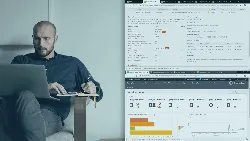
Tuning and Creating Correlation Searches in Splunk Enterprise Security
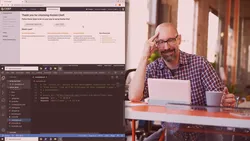
Deploying Chef Cookbooks

Python for Informatics: Exploring Information

Social Network Analysis

Introduction to Systematic Review and Meta-Analysis

The Analytics Edge

DCO042 - Python For Informatics

Causal Diagrams: Draw Your Assumptions Before Your Conclusions

Whole genome sequencing of bacterial genomes - tools and applications
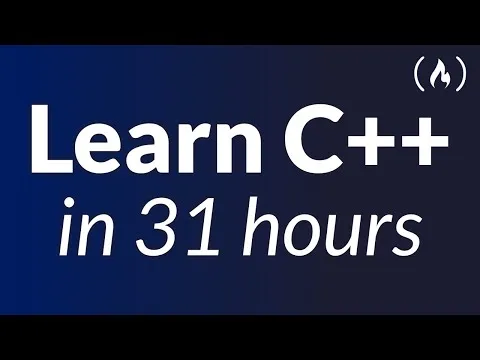
C++ Programming Course - Beginner to Advanced
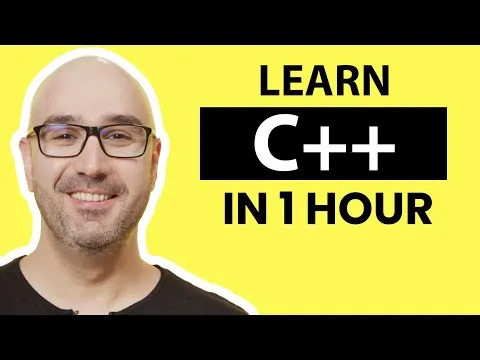
C++ Tutorial for Beginners - Learn C++ in 1 Hour
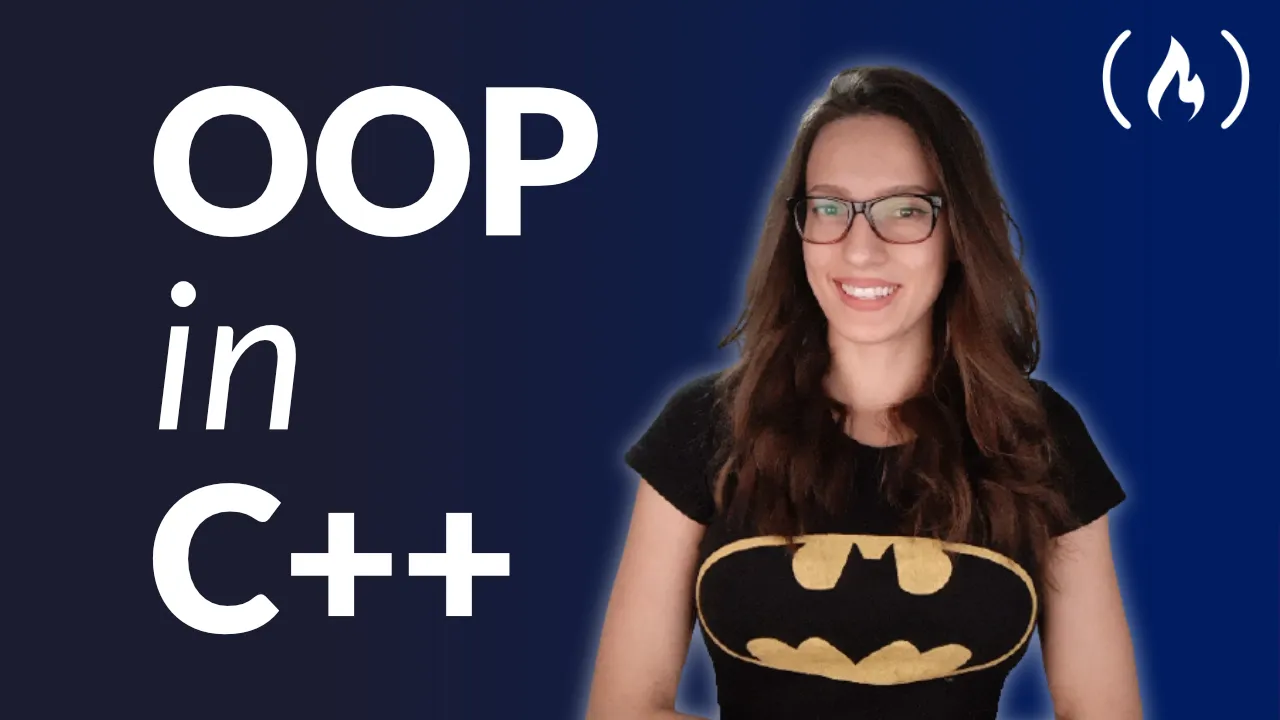
Learn Object Oriented Programming (OOP) in C++ Full Video Course
 Related Categories
Related Categories
 Popular Providers
Popular Providers
Quiz
 Submitted Sucessfully
Submitted Sucessfully
1. What is the main purpose of this course?
2. What topics are covered in this course?
3. What is the expected outcome of this course?
4. What is NOT covered in this course?


Start your review of Reading Legacy C++